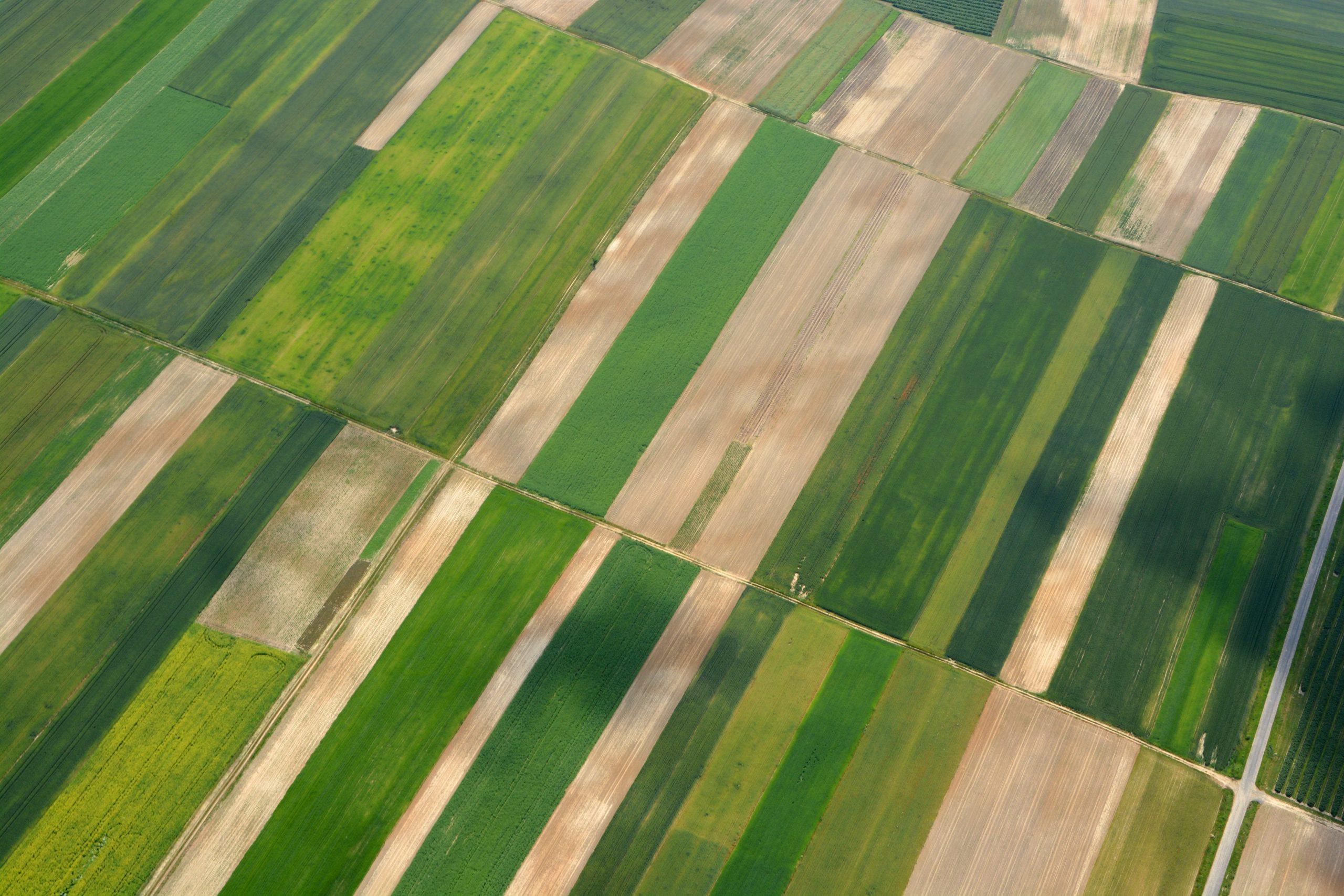The following is an article originally published in the September/October 2023 issue of Ethanol Today.
Bridging the Gap: Connecting Carbon Markets From the Farm Gate to Fuel
By Mark Heckman, Strategic Development Director (U.S. Biofuels)
What will it take to connect a carbon market from the farm gate through to food and fuel production and link it to downstream markets? This question strikes a chord with me on a deeply personal level. You see, I’m not just writing about this issue as an observer; I’m living it every day on our farm in eastern Iowa.
For years, I’ve been putting sustainable farming practices into action in the form of cover cropping, no-till farming, and responsible use of hog manure and overseeing our cow-calf operation. In 2014, our operation started cover crops on 40 acres with the encouragement of my son. Since then, the reward of increased yields and improved soil health has grown, and so has the removal of carbon dioxide (CO2) from the atmosphere in the process.
However, while I’m reducing carbon emissions on my farm, those carbon savings haven’t been monetized to their full potential. The methodologies and tools needed to quantify and verify these carbon reduction activities exist, but the broader infrastructure to connect these carbon-saving practices to markets is in its infancy. Agriculture needs to bridge this gap and create a thriving carbon market that recognizes and rewards farmers like me who are actively reducing carbon emissions from the farm gate onwards.
The GREET model is one of the leading models in this field for calculating carbon intensity (CI). Leveraging its knowledge of the GREET model for assessing the Life-Cycle Analysis (LCA) of agricultural products and biofuels, EcoEngineers has been instrumental in crafting robust, science-driven methodologies for a wide range of new technologies – ranging from corn kernel fiber and CO2 capture to seaweed and renewable biogas. To maintain the integrity of carbon markets, independent third-party verifiers will also play a crucial role in providing reliable, science-based, and transparent methodologies to ensure the credibility of carbon reduction claims and activities that are being made.
To bring this all together for the industry, the support of a sponsoring agency like California’s Air Resources Board (CARB) or associations like the American Coalition for Ethanol (ACE) can be a game-changer. These entities can provide valuable guidance and standards to ensure the success of carbon reduction programs on farms and downstream fuel markets.
Farmers and downstream fuel producers are at the heart of this endeavor. By gathering high-yield crops and engaging in sustainable farming practices, we have a unique opportunity to centralize carbon-saving efforts.
When we leverage technology, develop transparent methodologies, garner multi-stakeholder support, engage ethanol producers, employ third-party verifiers, and expand carbon markets, we can ensure farmers like me are stewards of the land and recognized contributors to carbon reduction efforts.

For more information about our Ethanol and Biodiesel services, contact:
Mark Heckman, Strategic Development Director (U.S. Biofuels) | mheckman@ecoengineers.us




